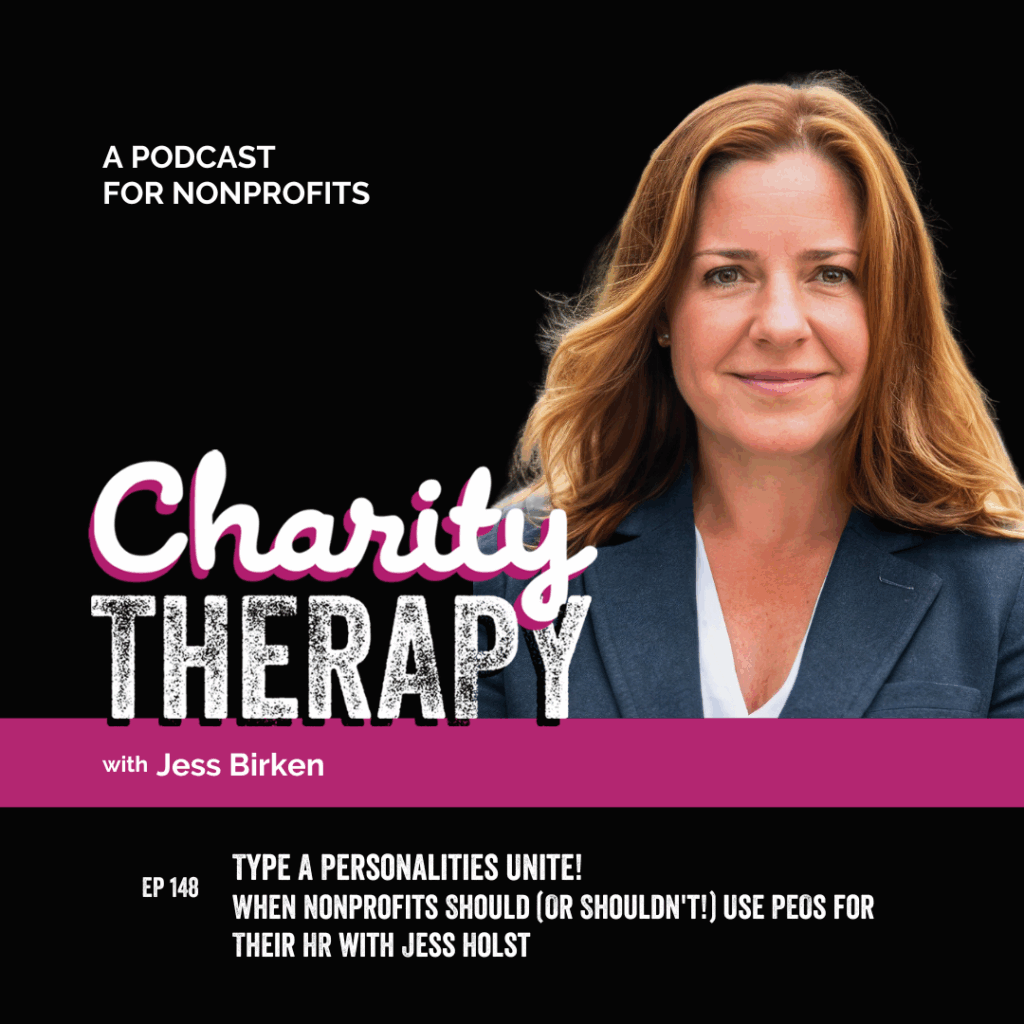Articles & Resources
Can board members abstain from voting on nonprofit business?
Question: Some of our board members plan to abstain from voting on a contentious issue at our next board meeting. Can we have a rule to prevent abstention?
We should not allow abstaining because it is a bad practice on nonprofit boards. I’ve worked with many nonprofits, and board members often abstain as a way to avoid conflict.
Board members legally execute their fiduciary duties (duty of care; the duty of loyalty; and the duty of obedience) to the nonprofit corporation in all aspects of its governance. This means we must vote when we have the ability to do so – voting is how we uphold our duties to protect the organization and how we prove we did what we thought was in the nonprofit’s best interest. “I don’t like this and wish I could not vote on it” is not acceptable.
Sometimes we have to make difficult decisions. Sometimes we have to choose between multiple bad options. Being on the board means you must show up, be prepared, and vote the best interests of the organization. Abstaining is saying “I’d prefer not to.” It’s inherently self-interested and not doing what’s best for the nonprofit. It’s very common in the Midwest where we are culturally uncomfortable with direct conflict in a group setting.
Abstaining is a parliamentary procedure that comes from government. Nonprofits have a bad habit of emulating government. There may be some members who have served on boards that used Robert’s Rules and allowed abstention. For government, abstaining is used to avoid going on record as voting for something, even though you support it, or to block or move legislation. It has no place in small nonprofit boards where we are all on the same side.
Instead of abstaining, it’s important to instead create a meeting culture where people are not afraid of disagreement. It should be ok to say things like:
- “You know what, I move we table this discussion and see if there are other solutions we haven’t considered yet, I don’t like any of our options here.”
- “I can sense that I don’t agree with the majority. That’s uncomfortable because I’m going to be an outlier here, but it’s important for me to vote. Thanks for understanding.”
One last note – abstaining is not recusing. Recusing due to a conflict is a different concept. A board member with a conflict of interest cannot participate in the discussion and must be excused while the discussion and vote are happening.
Recent Podcast Episodes
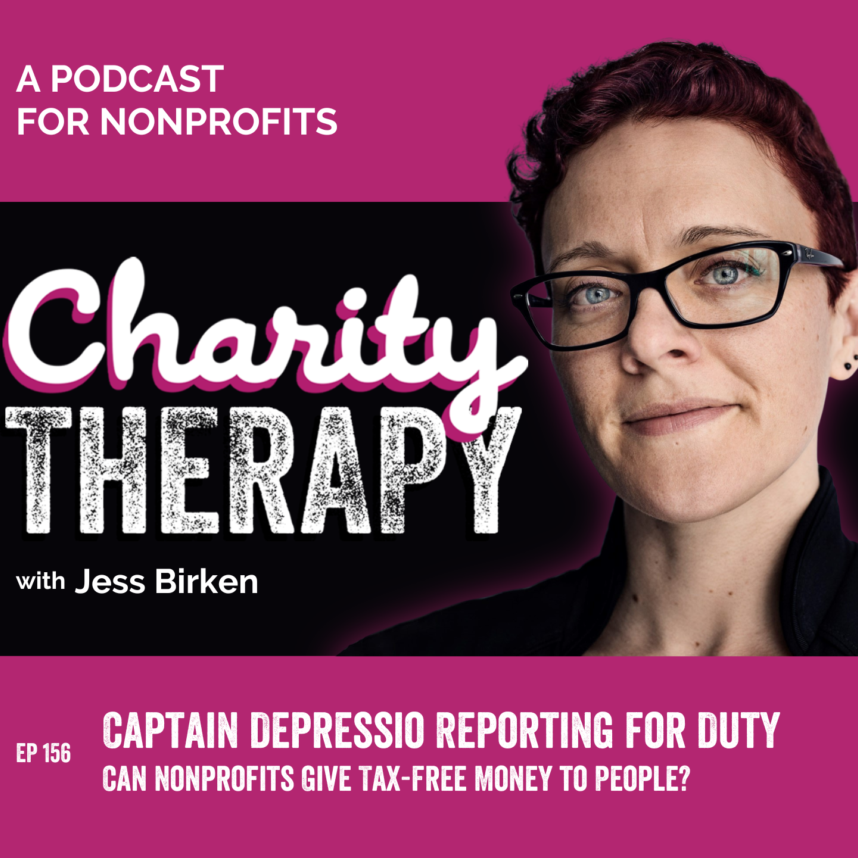
156: Captain Depressio Reporting for Duty | Can Nonprofits Give Tax-Free Money to People?

155: Baby Don’t Hurt Me | What To Do When a Donor Gift Harms More Than Helps

154: It’s Gravy, Baby! | What is a Nonprofit Audit? with Hannah Hugen

153: It’s a Triple Whammy | How to Fix the Culture of Overwork at Your Nonprofit with Rachel Platt
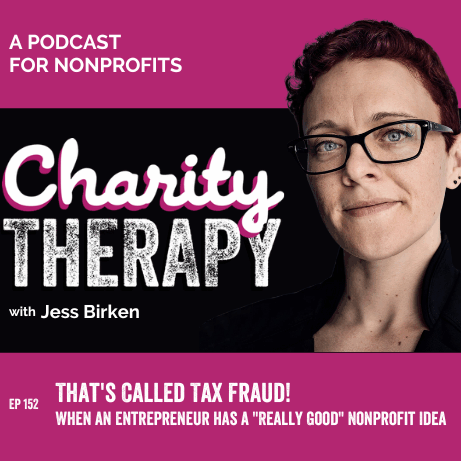
152: That’s Called Tax Fraud! | When an Entrepreneur has a “Really Good” Nonprofit Idea

151: Give Mark Your Crap! | When a PEO is a Good Fit for Your HR Needs with Mark Bromberg
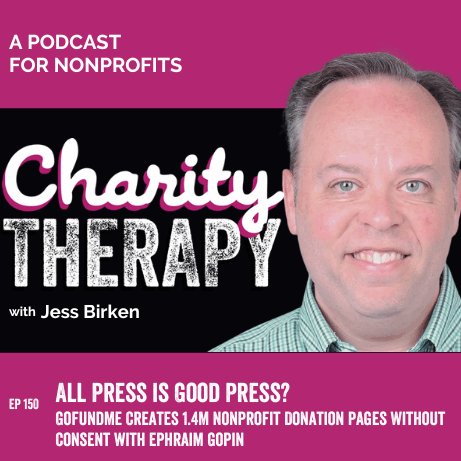
150: All Press is Good Press? | GoFundMe Creates 1.4M Nonprofit Donation Pages Without Consent with Ephraim Gopin
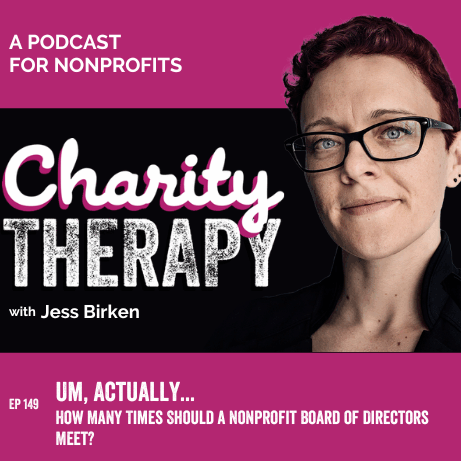
149: Um, Actually… | How Many Times Should a Nonprofit Board of Directors Meet?
